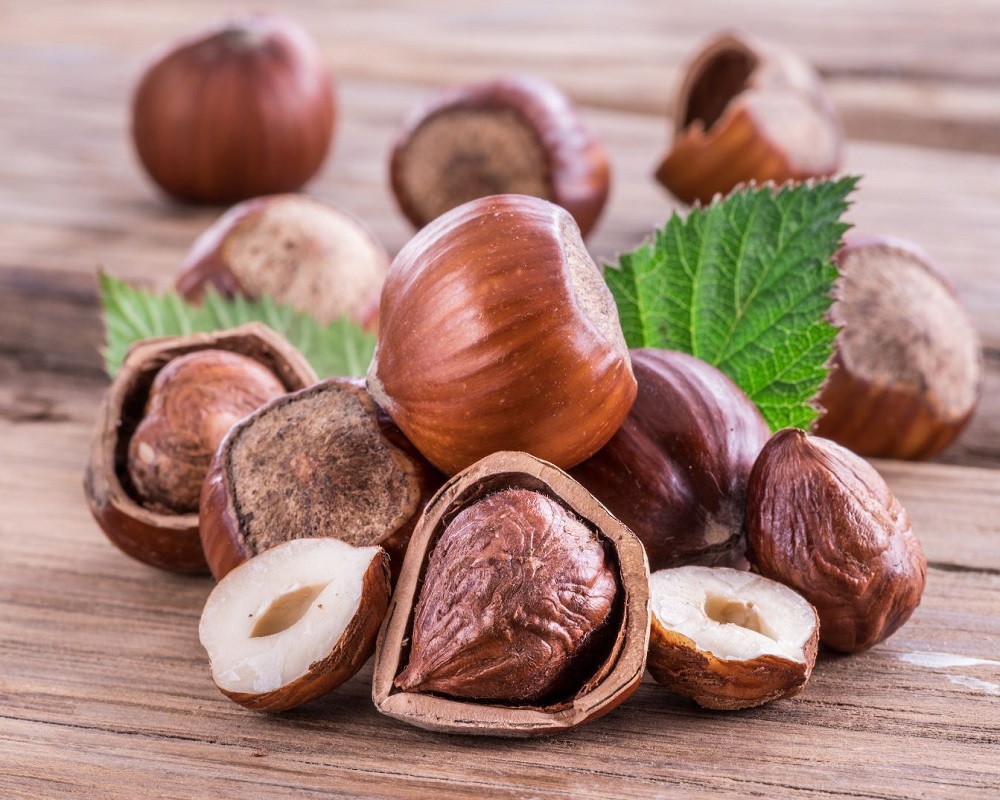Last Updated on: 19th December 2025, 05:50 am
The question naturally arises, “Is milk good for your teeth?” Milk, renowned for its essential role in people’s diets, particularly during the early stages of life, boasts nutritional properties that offer various health benefits. Among its advantages, milk is a source of different minerals, proteins, and vitamins that contribute to overall well-being. However, it also has its side effects. What are the benefits of milk for dental health? What harmful effects can the wrong consumption cause? These are the questions that mark the route of this note.
What are the benefits of milk for teeth?

Milk is a source of calcium and other nutrients necessary for bone and dental development. Calcium is important for dental formation and development, as well as in the remineralization of dental enamel, which contributes to a solid dental structure, helps prevent cavities, and protects the gums.
Dental enamel is the outer protective layer of the teeth and is composed of hydroxyapatite, a substance derived from calcium. When calcium is lost, its consequence is the demineralization of the dental piece, the enamel is weakened and the tooth is more vulnerable to cavities and other dental injuries. A deficiency of calcium in the diet can contribute to inflammation of the gums and increase the risk of developing periodontal diseases, such as gingivitis and periodontitis.
What are the other minerals and vitamins in milk?

Casein, phosphorus, potassium, and vitamins A, D, and K, among others, are present in milk. These minerals and nutrients help maintain oral health and also have positive effects on other aspects of well-being.
What is the benefit of milk consumption for oral health?:
- Casein is a protein that forms a coating around teeth and prevents bacteria from adhering to tooth enamel, leading to the formation of plaque and cavities. In addition, it neutralizes the acids produced by bacteria, reducing the risk of damage to the enamel, and also helps in the repair of muscles, tissues, and skin.
- Phosphorus, in combination with calcium, forms hydroxyapatite, a mineral and biological material that provides resistance and protection to teeth against acids produced by bacteria and prevents demineralization of teeth. In addition, it is the fundamental component of dental enamel.
- Vitamins A, D, and K contribute to good gum health and facilitate the absorption of calcium.
- Vitamin A helps the formation and maintenance of teeth, soft and bone tissues, and mucous membranes.
- Vitamin D regulates calcium levels in teeth, ensuring proper mineralization of tooth enamel. It has anti-inflammatory properties that help in the prevention of periodontal diseases, such as gingivitis.
- Vitamin K acts on proper blood coagulation, and strengthens the connective tissues of the mouth, preventing gum recession and tooth loss.
Is milk good for your teeth?
Regular consumption of milk brings benefits for oral health care. However, it is important to be aware of the effects of lactose on teeth. Lactose is a type of sugar that can ferment in the mouth and cause damage to tooth enamel and cavities.
To prevent this possible adverse effect of milk, it is necessary to have proper oral hygiene practices. If the remains of lactose and other sugars remain in the mouth for a long time, they provide a favorable environment for bacteria to affect the teeth.
What choice do people who can’t tolerate milk have?
Those who are deficient in lactase -the enzyme that breaks down lactose- may experience increased accumulation of lactose in the mouth, increasing the risk of dental lesions. People with this intolerance can consume other foods that are also a source of calcium, such as:
- Olives
- Almonds
- Hazelnuts
- Broccoli
- Kale
- Dairy derivatives (cheese, yogurt)
- Chickpeas
- Lentils
- Sardines



What is the difference between whole milk and low-fat milk?

Currently, different options are offered on the market: whole milk, low-fat and lactose-free. The main difference between whole milk and skim milk is in its fat content.
Whole milk is the most natural version of milk, which has not been processed to remove fat. It contains around 3.5% fat and has a rich and creamy texture. The fat in whole milk produces a feeling of satiety and facilitates the absorption of the vitamins present in milk.
Excessive consumption of whole milk contributes a significant amount of fat and calories to the diet, which can have adverse effects on those trying to control calorie levels or who have specific dietary needs (high cholesterol, obesity). However, it must be taken into account that when fat is removed from milk, the amount of fat-soluble vitamins is also reduced Like A and D.
Is flavored milk good for your teeth?

Flavored milk is a frequent option in the food market, although it has an impact on dental health. Flavored milk typically contains added sugars to enhance its flavor: table sugar, high fructose corn syrup, and other sweeteners. Excessive consumption of sugars is harmful to teeth and increases the risk of dental caries.
Plus, it contains artificial additives, colors, and flavors that can stain teeth or cause tooth sensitivity in some people. To reduce the negative impact of flavored milk on teeth, it is recommended to brush your teeth after consuming it and have a good oral hygiene routine that includes flossing and mouthwashing.
Which is the best option?
Both whole milk and skim milk are rich in protein, calcium, and other essential nutrients for oral health. It is recommended to consume the type of milk that best suits the health conditions of the person and control its participation in the regular diet so as not to fall into excesses and avoid the harmful effects of lactose, by increasing sugar levels in the mouth.
It is good to combine the consumption of milk with other foods that are sources of calcium and vitamins A, D, and K. Practicing good oral hygiene, which includes daily brushing and flossing, is a fundamental aspect that plays a crucial role in maintaining excellent oral health. Moreover, knowing how to floss properly is an integral part of this oral care routine.
Remember that the dentist is the right person to advise you on the habits you must maintain, so do not hesitate to visit your dentist’s office frequently.
Contact Us
If you have any questions about dental conditions, you can contact us at Channel Islands Family Dental as well as our page on Facebook. We look forward to your visit and we will make a timely diagnosis. Our dentists in Oxnard, Santa Paula, Ventura, Newbury Park, and Port Hueneme will be able to guide you toward the best treatment to take care of your health and give you back your best smile.
Frequently Asked Questions (FAQ)
Bibliography
- Ariza María Alejandra, Barreto Laura, Cubides Camilo, Colina Roxana (2017) Effect of milk on biological factors associated with dental caries in boys and girls from 3 to 5 years old from two kindergartens in Villavicencio / https://repository.ucc.edu.co/server/api/core/bitstreams/2f488585-2411-4081-a56f-a4b00aed0834/content
- González Sanz Ángel Miguel, González N. Blanca, González N. Esther (July 203) Dental health: relationship between dental caries and food consumption / https://scielo.isciii.es/scielo.php?script=sci_arttext&pid=S0212-16112013001000008
- Eirexas David (January 20, 2016) “The latest scientific results show that milk fat improves cardiovascular health” / https://www.campogalego.es/los-ultimos-resultados-cientificos-demuestran-que-la-grasa-de-la-leche-mejora-la-salud-cardiovascular/
- Jayasinghe, T. N., Harrass, S., Erdrich, S., King, S., & Eberhard, J. (Octubre 25 de 2022). Protein Intake and Oral Health in Older Adults – A Narrative Review / https://www.mdpi.com/2072-6643/14/21/4478
- MedlinePlus (May 5, 2022) Lactose intolerance / https://medlineplus.gov/spanish/ency/article/000276.htm
- MedlinePlus (January 19, 2023) Vitamin A / https://medlineplus.gov/spanish/ency/article/002400.htm#:~:text=La%20vitamina%20A%20ayuda%20a,membranas%20mucosas%20y%20piel%20sanos
- Ministry of Health – Colombia (s.f.) Oral health: to smile for a lifetime / https://www.minsalud.gov.co/salud/publica/HS/Paginas/salud-bucal.aspx
- National Institutes of Health. (October 6 de 2022) Calcium / https://ods.od.nih.gov/factsheets/Calcium-Consumer/














